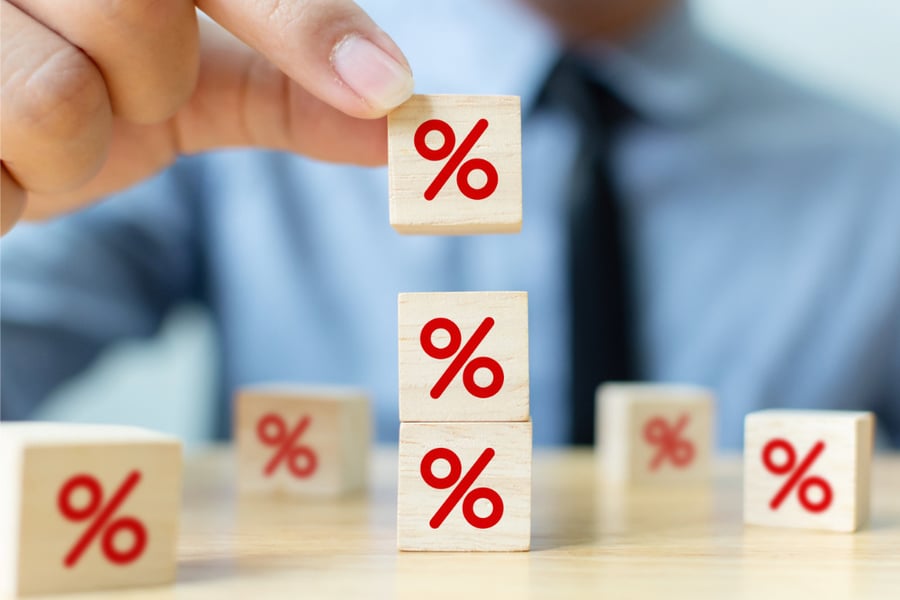Is this the end of cheap fixed rates?

Borrowers are being urged to lock in a cheap fixed rate while they have the chance as yet another lender has hiked fixed rates.
ING Bank, Australia’s fifth-largest lender, has raised rates on one- to five-year owner-occupied loans by between 30 and 80 basis points for borrowers with a deposit of less than 10%, according to a report by The Australian Financial Review. There was no hike for investor loans.
At the same time, ING Bank is cutting rates for borrowers with larger deposits. Rates for the bank’s Orange Advantage owner-occupier borrowers with deposits of at least 20% are being cut by up to 25 basis points for two-year fixed-rate loans and 15 basis points for one- and three-year fixed-rate loans. Rates on four- and five-year loans, however, are rising by 35 basis points.
ING is the latest bank to hike rates as the expiration of COVID-19 programs spurs the world’s central banks to discuss higher interest rates to match economic growth.
The latest sign that a new world monetary policy is in the offing came Thursday, when Bank of England rate-setter Gertjan Vlieghe said that higher rates would arrive late next year.
“My central scenario is that the economy evolves similarly to the [Monetary Policy Committee’s] central projection in May, but with somewhat more slack than in the central projection,” Vlieghe told an audience at the University of Bath. “In that scenario, the first rise in bank rate is likely to become appropriate only well into next year, with some modest further tightening thereafter.”
Meanwhile, the Reserve Bank of New Zealand is forecasting an interest rate hike at the end of next year, while the US Federal Reserve recently suggested that it might consider lowering the amount of bonds it buys.
The Reserve Bank of Australia, meanwhile, has insisted that it will not raise the cash rate until 2024 “at the earliest.”
However, banks have been quietly raising fixed rates as the expiration of COVID-19 policies has raised the cost of wholesale borrowing.
Commonwealth Bank, the nation’s largest lender, hiked three- and four-year fixed rates last month in a move that is seen as a bellwether for other lenders.
A CBA spokesman told AFR that the rate hikes “reflect our long-term funding costs that have increased substantially and remain at higher levels after an extended period of low-cost long-term funding.”
Mortgage broker and financial advisor Phoebe Blamey, director at Clover Financial Solutions, said she tells her clients to guard against further rate hikes by fixing between 50% and 70% of their loans at the lowest fixed rates.
“The motivation is certainty of payments and flexibility,” Blamey told AFR.
However, AMP Capital chief economist Shane Oliver told the publication that the rise in rates and the cooling of the red-hot property market will be a “very slow process,” as borrowing costs are likely to rise only gradually.
“So if a buyer can hold out, there could be a case to wait [before fixing],” Oliver said. “But as we have seen in recent decades, trying to time the swings in the Australian property market is not easy.”
 Ryan Smith is currently an executive editor at Key Media, where he started as a journalist in 2013. He has since he worked his way up to managing editor and is now an executive editor. He edits content for several B2B publications across the U.S., Canada, Australia, and New Zealand. He also writes feature content for trade publications for the insurance and mortgage industries.
Ryan Smith is currently an executive editor at Key Media, where he started as a journalist in 2013. He has since he worked his way up to managing editor and is now an executive editor. He edits content for several B2B publications across the U.S., Canada, Australia, and New Zealand. He also writes feature content for trade publications for the insurance and mortgage industries.LinkedIn | Email



